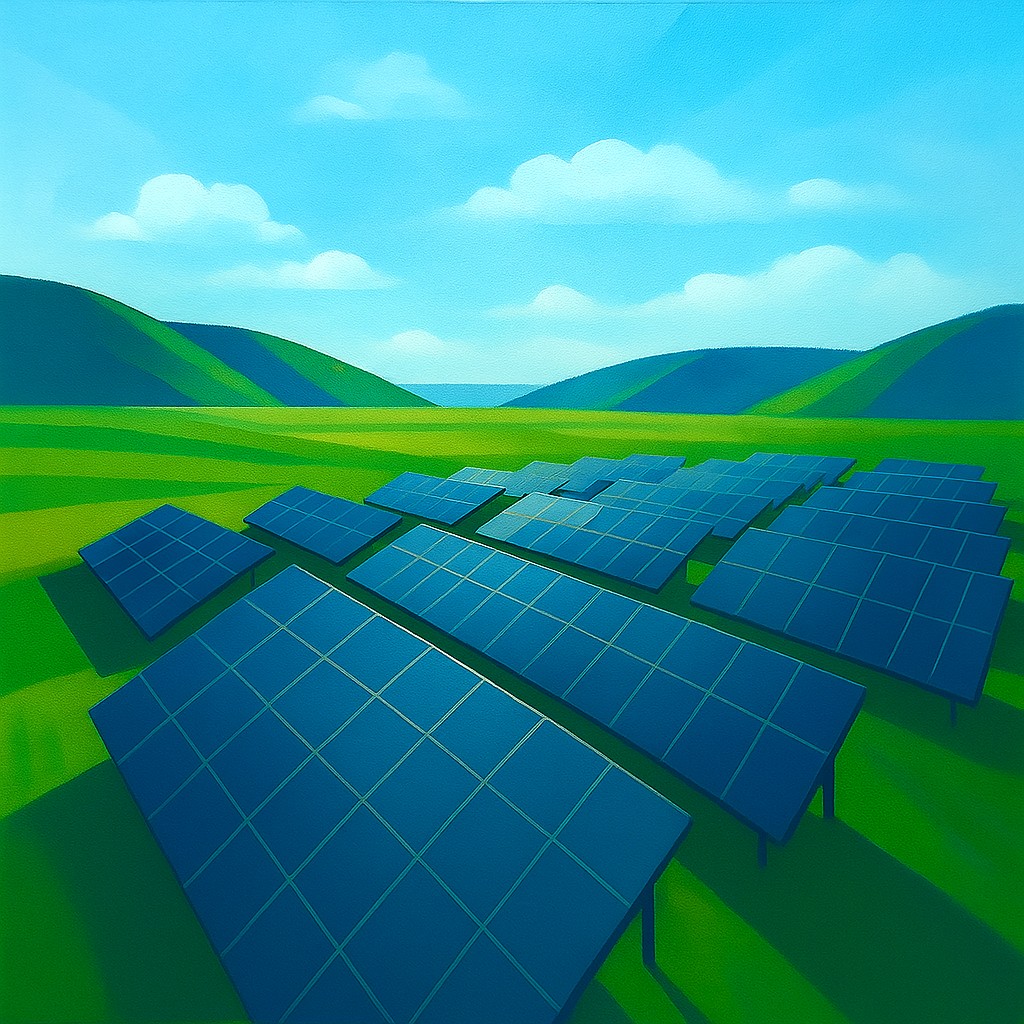Hello, power cable opponents. Can any of you show me where I'm wrong?
High electricity prices are a blessing.

AI generated illustration from Midjourney
Main moments
Is the opposition to the power cables based on an elementary economic misunderstanding?
Some wise people need to explain to me the opposition to the power cables, because I don't understand it.
- The cables do in fact create higher and more fluctuating electricity prices in Norway.
- But the cables also make society as a whole wealthier than we would be without them. Norway earns more from the cables than the cost in terms of increased electricity prices.
- It is therefore possible to make everyone better off by transferring parts of the huge profit back to households through reduced taxes or cash transfers.
- The electricity support scheme allows the community to transfer some of the profits from the cables of households. But it is neither as efficient nor fair as it could have been: the scheme is inefficient because it leads to the waste of a scarce resource. This is because it does not provide enough incentives to conserve electricity when electricity is expensive, or implement costly measures to reduce electricity demand (such as insulating better and installing a heat pump). It is unfair because it gives more support for the richest among us, which has larger houses and more wings to heat.
- If we cared about bolstering people's purchasing power, especially those on low incomes, we should replace the electricity support scheme with a cash transfer or tax credits for those on low incomes in the form of an increase in the bottom deduction. It would give people incentives to save on electricity without them having to queue for food as a result of electricity prices.
- The reason why politicians have nevertheless opted for a power subsidy scheme is that it is easier to communicate to voters. Even if it is less efficient and fair than tax breaks and cash transfers. It is understood as “help with the electricity bill”, which is, after all, the crux of the problem. By following people's consumption patterns, it is also reassuringly preservative. Since everyone reacts to deviations from “yesterday,” the scheme is perfect for silencing protests. The problem is that it is not generous enough to silence the rebellion.
- Admittedly, there is a weakness with the current model that cannot be fixed with transfers. It is the huge fluctuations in electricity prices that create uncertainty in households. But smoothing out price fluctuations doesn't require cutting cables: it's an easy job for electricity providers.
When I lived in England, it was common to pay the same in electricity bill every month based on expected annual consumption. There is nothing in the way of it becoming standard in Norway as well.
Such a scheme would, of course, weaken the short-term incentive to reduce electricity consumption when electricity is most in demand and therefore most expensive. But the reason to adapt to a higher electricity bill is not going away. Power usage gets on the bill eventually anyway.
If all of these claims are true, which I believe they are, I can't see any conclusion other than this:
The worst thing we can do for Norwegian society is to throttle the cables to foreign countries. It will make society and households poorer.
Can some cable opponents show me where I'm wrong?
More from Langsikt

Input to NBIM’s Climate Action Plan: Mitigating climate risk
We encourage NBIM to communicate these risks to policymakers in Norway and abroad and to ‘lead by example’ for other asset owners seeking a roadmap to stay the course on transition amidst unprecedented volatility.

Climate Investment Fund should be scaled up without Ministry of Finance as brake
Parliament has asked the government to strengthen the Climate Investment Fund, but the way it is done is crucial. The Treasury Department should not stand in the way.

Warning lights flash bright red for EEA
The EEA Agreement has served us well for over three decades. But expectations of ever benevolence from Brussels appear borderline naive.

More of the oil profits should go towards green investments
Norway's rightful share of climate finance is four times higher than it is today.